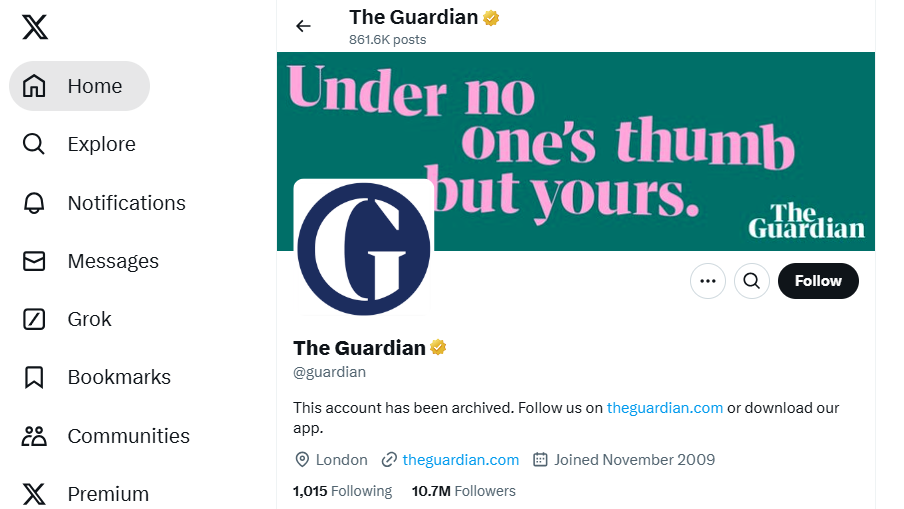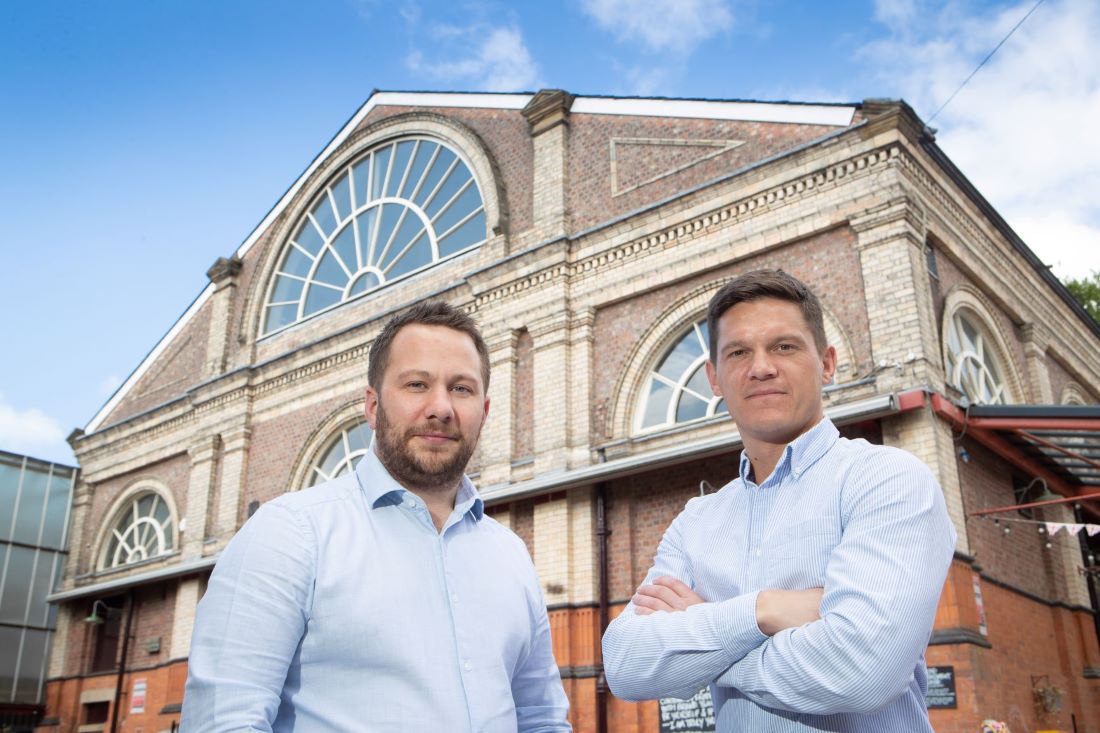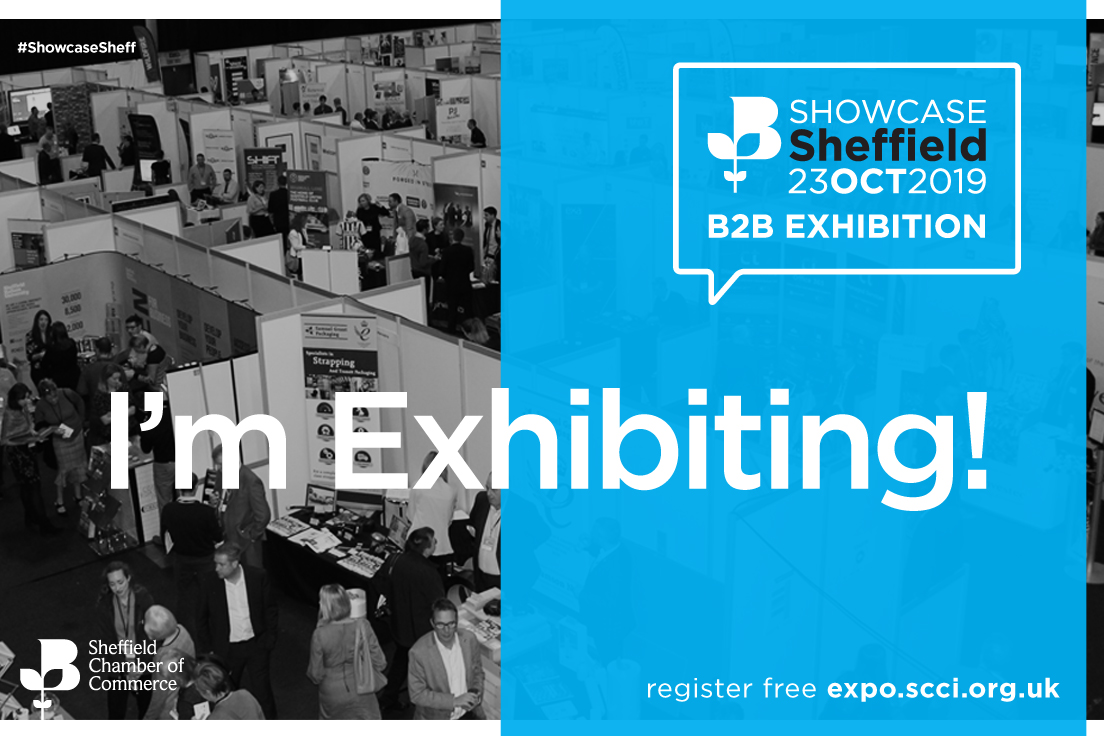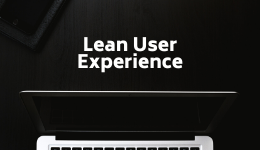
The Guardian announced last week that it will stop posting on X. According to the newspaper, the "benefits of being on X are now outweighed by the negatives." It went onto say that “this is something we have been considering for a while given the often-disturbing content promoted or found on the platform.”
It’s clear that X has become a toxic place to be. Not only in the posts that we see, but in the algorithm itself, which suggests and promotes posts we ought to view and engage with. These are not always based on our preferences. In recent times, you’ll notice the hate speech, political bias, bigotry, misogyny and more, regularly pop up in your feed.
Is it too political to work for B2B?
Hate speech rhetoric aside, for me, the main issue is the politicisation of the platform. Don’t forget Elon Musk’s vocal anti-immigration posts in the wake of the Southport stabbings. And of course, “the SpaceX and Tesla boss was a prominent supporter of Donald Trump during the US presidential election campaign and used his personal account with almost 205 million followers to endorse the Republican candidate,” according to The Independent. Last Wednesday, it was announced that Musk would jointly lead a new government efficiency advisory panel for the incoming Trump administration. With this, X will potentially become a mouth piece for the Trump administration. It’s really a stroke of genius on Tump’s part, given the platform’s reach as one of the heavyweight social media networks.
Consider this in the context of user numbers. In my opinion, Musk owns the most powerful broadcast platform in the world. As of April this year, X had 611 million active monthly users and in August it received 4.3 billion visits a month. And while a number of brands and high-profile individuals, including 3M, BBC tech editor Zoe Kleinman, and consumer giant Balenciaga, have now withdrawn from the platform, its ability to reach the masses is unparalleled.
We have a strong, independent media history here in the UK. We’re lucky that we have a broad range of newspapers, TV and radio channels to access news, insights and opinions. We regulate bias and misinformation through bodies such as OFCOM and the BBC Verify, established in 2023, runs it’s checks to verify the information it disseminates. While newspapers don’t have to be unbiased – you can see that during elections – they do have to fact check and ensure that the information they deliver is accurate. They are strict regulations in place to prevent misinformation. No such rules exist for social platforms – they/you can say what they/you want. Yet as the biggest channel of information globally, this is where we get the majority of our insights from.
What else can brands do?
Where does this leave B2B brands? They need to weigh up what’s right – morally and commercially. When we build social strategies, we start with an audience first approach. We look at which platforms are viewed by your audience, where do they engage to make an informed approach.
In the past there was a distinct separation between the platforms – LinkedIn for B2B, the rest for B2C but as the platforms and audiences matured, the lines have blurred. But we also advocate a human approach to B2B so if you’re audiences are creative then yes, Instagram and TikTok are appropriate. If you’re targeting small businesses, then yes Facebook works.
The good news is that there are alternatives. According to the BBC, “Meta's Threads is still expanding, and Bluesky - set up by Twitter founder Jack Dorsey - briefly topped the download charts in the UK and US Apple App Stores.
“It’s userbase has grown by four million in two months, and Bluesky said in a post on Tuesday that it had picked up a million new users in the seven days since Trump's win.” Bluesky users can moderate their experience too, including the ability to select the algorithm that drives what you see. And you can use website addresses for handles, which could act as a verification tool. That’s great news for brands.
My belief is that X is toxic. There is no clear moderation so you need to decide whether, like The Guardian, you’re taking a moral brand stance or if it’s still an appropriate platform to reach your audience. Time to decide.
If you're looking for support building a social media strategy, don’t hesitate to get in touch. At Skout, we can take on full end to end management of your B2B social media requirements, from assisting you to work out a cross-platform strategy through to bright and engaging content creation and social media training.









